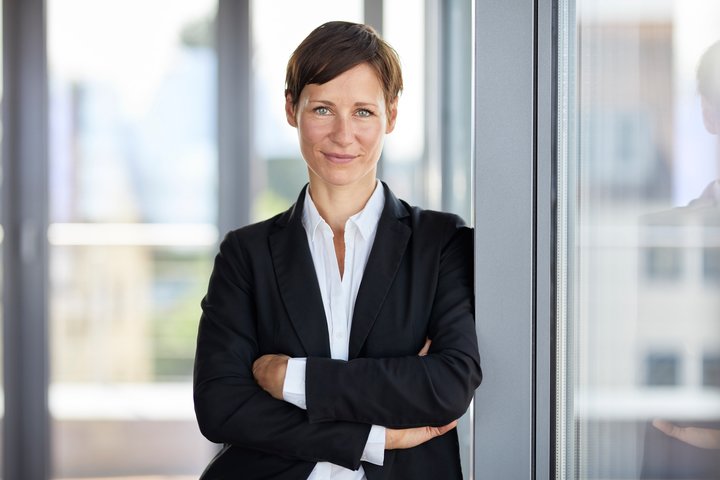– It may sound trivial to put forward a proposal to combat loneliness, but if you succeed in getting fewer people to experience it, you will reap huge public health benefits, says Aps Ingvild Kjerkol.
– We must work systematically to prevent loneliness, said Kjerkol, chairman of the Storting’s health and care committee.
Along with six other AP politicians in the Storting, he has done so put forward a proposal to combat loneliness.
In the proposal, they show that loneliness is associated with poor health.
– Meta studies show that loneliness is more harmful to health than smoking, they say. At the same time, they show that loneliness is often an invisible problem.
8 percent are so lonely that their health worsens
– About. 8 percent experienced loneliness to such an extent that it caused them to lose their health. “I think this is a significant number,” Kjerkol said.
Labor politicians are proposing that “loneliness” be included in the Public Health Act, so that loneliness would also be one of several topics on which city governments would have to take “necessary action”.
They therefore believe that clear objectives are needed in the fight against loneliness in the city and tools that allow you to measure the impact of the measures implemented.
– We want the Government to investigate national quality indicators so that municipalities have the opportunity to monitor their efforts and make improvements, he said.
Britain has got a “Minister for Loneliness”
In January, the UK had its own minister responsible for combating loneliness. “Minister of Loneliness” will work to solve social problems related to loneliness.
The new “minister for loneliness”, Tracey Crouch, was tasked with following up a number of proposals from a public committee led by now-deceased Labor politician Jo Cox.
Kjerkol and other Norwegian politicians had received an introduction to the proposal from the UK Loneliness Commission, and Kjerkol stated that their inspiration came partly from Cox’s initiative.
I hope that the Norwegian Minister for the Elderly and Public Health can address this issue
– Loneliness is a major challenge throughout Western society, he said.
– It will be interesting to see how the UK gets the job done with its own ministers. Our new Senior Citizens Minister is also responsible for public health, so I hope he will address this issue, the Ap politician said.
He reproduced findings from surveys showing that loneliness was greatest among the youngest and oldest groups. According to Kjerkol, loneliness among children can lead to poor learning, risk of health problems and isolation later in life.
“Many elderly people who experience changes in their lives, whether they become widows or widowers, suffer from illness or retire from the world of work, can also become lonely,” he said.
Mentioned in public health reports
The government has devoted quite a lot of attention to the topic of loneliness in recent yearshealth reportand the Government, among others, has been seated of NOK ten million for preventive measures against loneliness.
Some cities have contact conversations with residents over a certain age.
– Then they can inform about the existing contact arenas in the municipality. It’s possible to work intentionally in those areas, says Kjerkol, who emphasizes that many voluntary organizations are doing a lot to tackle loneliness.
Loneliness – not a phenomenon typical of big cities
According to one article in Samfunnsspeilet does not think that more people are lonely in big cities than in small towns. There are factors other than where you live that determine loneliness.
– Those who live alone, women, people with poor health or lack of work feel lonely more often than other people. In addition, loneliness is more common in groups with low education, compared to other education groups. The conditions that had the strongest explanatory power were cohabitation and health conditions, the article said.
And if all variables are taken into account, it turns out that younger people are lonelier than older people.
– The fact that the younger generation is vulnerable to loneliness should receive more attention. Bullying, social exclusion and loneliness among teenagers can have long-term negative impacts such as depression, anxiety and psychological problems.
Income has nothing to do with whether you feel lonely, but education level plays a role, write researchers Kirsten Thorsten and Sten-Erik Clausen.

“Social media guru. Total beer fanatic. Tv ninja. Typical coffee fan. Amateur entrepreneur. Unapologetic food scholar.”








